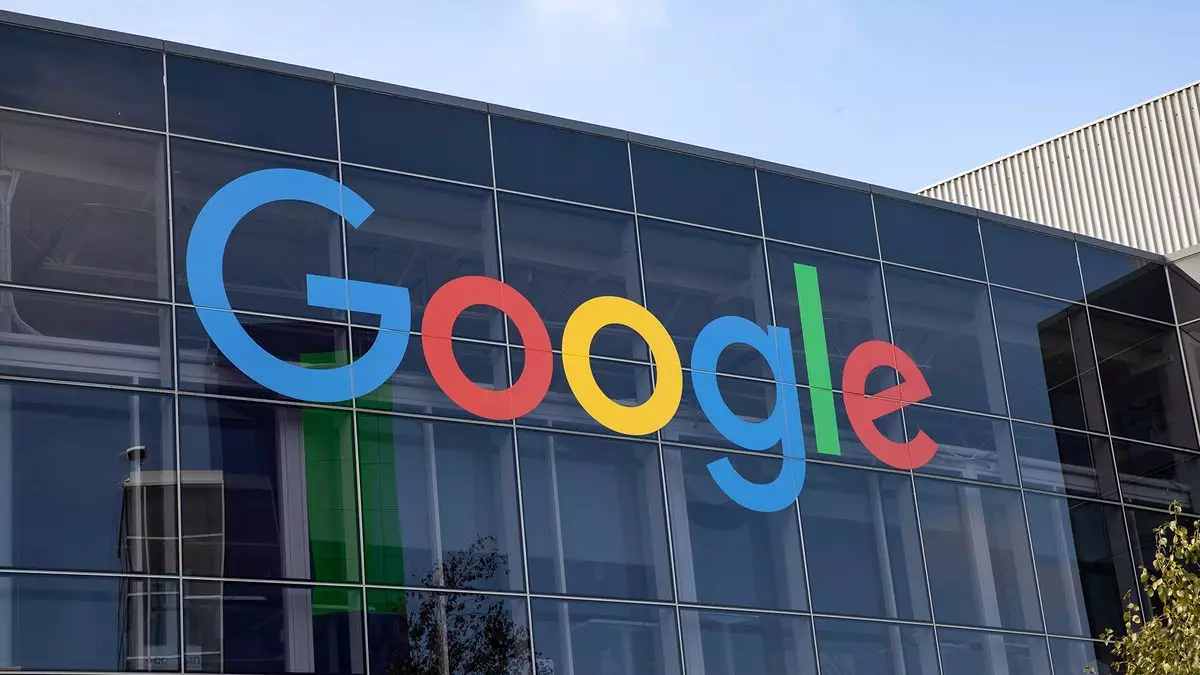In recent news, a significant development unfolded in the ongoing saga between tech behemoth Google and European antitrust regulators. The company’s victory in having a hefty €1.49 billion fine overturned by a European court highlights not only a legal triumph but also the broader implications of antitrust regulations in the rapidly evolving tech landscape. This article seeks to delve into the details of this case while considering the larger context of Google’s continuous battles with regulators across the globe.
The fine, initially imposed by the European Commission in 2019, was a result of allegations that Google had engaged in anticompetitive practices that hindered competition in the online advertising market. According to the EC, Google imposed exclusivity clauses on publishers, which limited their ability to showcase rival advertisements on high-traffic websites. The crux of the argument made by the EC was that such practices not only reinforced Google’s dominance but also stifled innovation and ultimately harmed consumers.
The General Court’s decision to annul this fine showcases the complexity and nuance involved in antitrust cases. While the court acknowledged many of the EC’s findings, it ruled that the Commission failed to conclusively demonstrate the negative impacts of the alleged practices. The judges noted a critical lack of evidence to support claims that Google’s actions were detrimental to innovation or consumer welfare. This highlights an essential aspect of legal proceedings in antitrust cases: proving harm can often be a more intricate task than simply demonstrating dominance.
For Google, the overturning of this fine is undoubtedly a welcome respite amidst a sea of financial and regulatory challenges. Yet, this victory is merely a small comfort in a much larger landscape plagued with ongoing scrutiny. Recently, the tech giant was unable to have a separate €2.4 billion fine overturned, further illustrating the precarious nature of its legal standing in Europe.
Moreover, the favorable ruling from the General Court does not erase Google’s substantial legal liabilities. In the United States, the company faces similar allegations of antitrust violations. A federal court recently ruled against Google on related grounds, emphasizing that the company had adopted tactics to monopolize digital advertising tools, thereby undermining competition.
These challenges highlight the dichotomy of Google’s situation. On one hand, the company can celebrate its recent legal win; on the other, it must contend with a seemingly never-ending wave of regulatory pressures that threaten its business model. The recent court rulings serve as a reminder that while monetary penalties may appear insignificant to a company of Google’s size, the underlying implications for market dynamics and competitive practices are far-reaching.
The ongoing tussle between tech giants and regulatory bodies is emblematic of a broader conversation about the role of regulation in the digital age. As technology evolves and companies like Google acquire more market power, the questions surrounding fair competition and consumer rights grow increasingly pertinent. The outcomes of these legal battles will set important precedents for how technology is regulated in the future.
As we move forward, it is crucial for regulators to ensure that antitrust laws are applied effectively without stifling innovation. A delicate balance must be struck between fostering healthy competition and allowing tech companies the freedom to innovate and grow. The landscape of digital competition is dynamic, and regulatory frameworks must adapt accordingly.
While Google can bask in the glow of its recent legal victory in Europe, the overarching challenges it faces in both European and American markets suggest that this is merely a temporary reprieve. The struggle for competitive fairness in the tech industry is far from over, and the consequences of these decisions will resonate beyond Google, impacting the broader technology ecosystem.
As the story unfolds, it remains critical for all stakeholders—regulators, companies, and consumers—to remain vigilant and engaged. The outcome of these legal battles may well define the future of digital markets and set the stage for how the next generation of tech giants will operate within a framework of fair competition. The stakes are high, and the implications of these rulings will likely shape the technology landscape for years to come.

